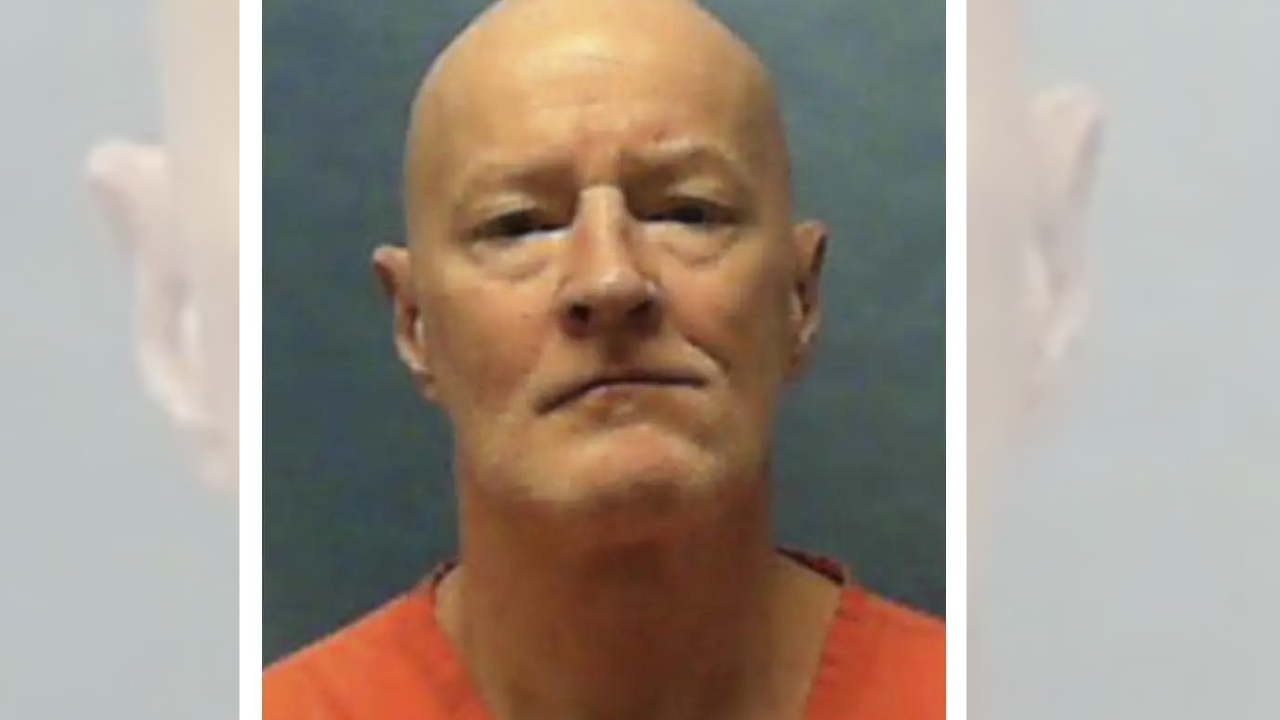Loran Cole, 57, was executed on Thursday at Florida State Prison for the 1994 murder of a college freshman and the subsequent rape of his sister. The execution took place at 6:15 pm local time, marking nearly three decades since the brutal crimes.
Cole’s execution followed the denial of his final appeal by the US Supreme Court earlier that day. He had been convicted of first-degree murder and sentenced to death, with additional life sentences for sexual assaults committed during the same incident.Governor Ron DeSantis signed Cole’s death warrant last month.
Details of the crime
Court records provide a chilling account of the crime. Cole and his accomplice, William Paul, had befriended two college students—an 18-year-old male from Florida State University and his 21-year-old sister, a senior at Eckerd College—while they were camping in the Ocala National Forest.
After spending time around a campfire, Cole and Paul lured the siblings to a nearby pond. Once away from the campsite, they attacked the students, robbing them in the process. The brother was beaten severely and had his throat slit, leaving him to die in the forest. His sister was taken back to the campsite, where she was tied up and raped by Cole. She was left tied to a tree overnight and was raped again the following day before managing to escape and seek help.
Authorities later found the brother’s body lying face down on the forest floor.
Defence arguments and appeals
Cole’s defence team had sought a stay of execution, arguing that he had been a victim of severe abuse at a state-run reform school during his youth, where he was reportedly beaten and raped. The state has since apologized for the abuse and passed legislation providing reparations to former inmates of the now-closed institution.
The defence also highlighted Cole’s brain damage, mental illness, and Parkinson’s disease, contending these factors should halt his execution. However, the arguments were ultimately unsuccessful.
Legal outcome and impact
Both Cole and Paul were convicted of first-degree murder. Paul was sentenced to life in prison, while Cole received the death penalty. This execution is significant as it marks Florida’s first since Michael Zack’s execution in October for the 1996 murder of Ravonne Smith.
Cole’s execution followed the denial of his final appeal by the US Supreme Court earlier that day. He had been convicted of first-degree murder and sentenced to death, with additional life sentences for sexual assaults committed during the same incident.Governor Ron DeSantis signed Cole’s death warrant last month.
Details of the crime
Court records provide a chilling account of the crime. Cole and his accomplice, William Paul, had befriended two college students—an 18-year-old male from Florida State University and his 21-year-old sister, a senior at Eckerd College—while they were camping in the Ocala National Forest.
After spending time around a campfire, Cole and Paul lured the siblings to a nearby pond. Once away from the campsite, they attacked the students, robbing them in the process. The brother was beaten severely and had his throat slit, leaving him to die in the forest. His sister was taken back to the campsite, where she was tied up and raped by Cole. She was left tied to a tree overnight and was raped again the following day before managing to escape and seek help.
Authorities later found the brother’s body lying face down on the forest floor.
Defence arguments and appeals
Cole’s defence team had sought a stay of execution, arguing that he had been a victim of severe abuse at a state-run reform school during his youth, where he was reportedly beaten and raped. The state has since apologized for the abuse and passed legislation providing reparations to former inmates of the now-closed institution.
The defence also highlighted Cole’s brain damage, mental illness, and Parkinson’s disease, contending these factors should halt his execution. However, the arguments were ultimately unsuccessful.
Legal outcome and impact
Both Cole and Paul were convicted of first-degree murder. Paul was sentenced to life in prison, while Cole received the death penalty. This execution is significant as it marks Florida’s first since Michael Zack’s execution in October for the 1996 murder of Ravonne Smith.









![Best Weight Loss Supplements [2022-23] New Reports!](https://technologytangle.com/wp-content/uploads/2022/12/p1-1170962-1670840878.png)




